By john zurcher
Washington, D.C. – September 23, 2025

Displaced Palestinian children playing in front of a Palestinian flag at the Bureij camp for refugees in the central Gaza Strip on September 22. | Photo Credit: AFP
In a dramatic escalation of diplomatic tensions, Britain, Canada, Australia, and Portugal formally recognized the State of Palestine on Sunday, September 21, marking a seismic shift in Western foreign policy that has left Israel fuming and the United States isolated among its closest allies. The coordinated announcements, timed just before the United Nations General Assembly in New York, aim to revive the moribund two-state solution amid Israel’s relentless military campaign in Gaza, which has reduced much of the enclave to rubble and displaced over 1.5 million Palestinians. Critics, however, decry the move as hollow symbolism – an “insult to injury” for a people with little left to govern – while Israeli leaders vow to accelerate West Bank annexation in retaliation.
British Prime Minister Keir Starmer, in a stark video statement posted to X (formerly Twitter), framed the recognition as a moral imperative. “In the face of the growing horrors in the Middle East, we are acting to keep alive the possibility of peace and a two-state solution,” Starmer said. “That means a safe and secure Israel alongside a viable Palestinian state. At the moment, we have neither.” The UK’s decision carries profound historical weight: Britain, which captured Jerusalem from the Ottoman Empire in 1917 and issued the Balfour Declaration supporting a Jewish homeland while pledging protections for non-Jewish communities, has long withheld full recognition pending a negotiated settlement. Now, with Gaza’s death toll surpassing 45,000 since October 2023, London has reversed course, aligning with 147 UN member states that already view Palestine as sovereign.
Canada’s Prime Minister Mark Carney echoed the sentiment, announcing Ottawa’s recognition and offering “partnership in building the promise of a peaceful future for both the State of Palestine and the State of Israel.” Carney tied the move to commitments from the Palestinian Authority for governance reforms, including general elections in 2026 excluding Hamas and a demilitarized state structure. Australia’s Prime Minister Anthony Albanese described it as “part of a coordinated effort to build new momentum for a two-state solution,” emphasizing frustration with stalled peace talks. Portugal’s Foreign Affairs Minister Paulo Rangel called it a “fundamental line of Portuguese foreign policy,” underscoring the only path to “just and lasting peace.”
The wave of recognitions extends further: France, Belgium, Luxembourg, Malta, and possibly New Zealand and Liechtenstein are poised to follow at the UN this week, potentially swelling the list to over 150 nations. Proponents argue this diplomatic pressure could force Israel to halt its Gaza offensive and settlement expansions, which have doubled in the occupied West Bank since early 2025. Yet, as displaced Palestinian children wave flags amid the ruins of Bureij refugee camp – a poignant image captured by AFP on September 22 – the gesture rings bittersweet. “There is nothing left to recognize with Gaza in ruins,” opined international relations expert Mohammed Ayoob in The Hindu. “This so-called recognition comes at a time when the West Bank is all but formally annexed, maintained only to deny Palestinians civil rights.”
Israel’s response was swift and scorching. Prime Minister Benjamin Netanyahu branded the moves a “prize for Hamas,” the militant group behind the October 7, 2023, attacks that killed 1,200 Israelis and triggered the war. “It will not happen. A Palestinian state will not be established west of the Jordan River,” Netanyahu declared, vowing to press ahead with sovereignty claims over Judea and Samaria – biblical names for the West Bank. Finance Minister Bezalel Smotrich echoed calls for immediate annexation, while Knesset Speaker Amir Ohana lambasted Starmer as a “modern-day appeaser who chose dishonor.” Security Minister Itamar Ben-Gvir proposed cabinet action to formalize control over the territory seized in the 1967 Six-Day War. Israeli officials warn that such recognitions embolden extremists and undermine negotiations, potentially derailing hostage release talks for the 100-plus captives still held in Gaza.
The rift places the U.S. in a precarious spot. Under President Donald Trump’s second administration, Washington has staunchly opposed unilateral recognition, viewing it as a reward for terrorism that jeopardizes Israel’s security. Secretary of State Marco Rubio, during a recent visit to Jerusalem, reaffirmed U.S. veto power at the UN Security Council and criticized the moves as “counterproductive.” In a joint press conference with Netanyahu on September 15, Rubio stressed that statehood must emerge from direct talks, not “symbolic gestures.” Yet, with allies like Britain – a “Five Eyes” intelligence partner – breaking ranks, Trump’s “America First” doctrine faces scrutiny. Analysts suggest the U.S. may respond with increased military aid to Israel, including advanced Iron Dome interceptors, while quietly urging restraint on West Bank expansions to avoid broader alienation.
Palestinian reactions are mixed. Husam Zomlot, the Palestinian envoy to the UK, hailed the decisions as “wrongs being righted,” though he noted, “This is more about Britain than Palestine.” Palestinian Authority President Mahmoud Abbas received a personal letter from Starmer confirming the shift, which Abbas called a “historic step toward justice.” But on the ground, where Israeli strikes demolished Gaza City’s Al-Jundi al-Majhoul residential tower last week, skepticism prevails. Activists from groups like Palestine Action, which disrupted UK arms suppliers earlier this year, argue the recognitions lack teeth without sanctions or arms embargoes. “It’s hypocrisy at its peak,” said one demonstrator outside London’s Downing Street. “They arm Israel by day and recognize us by night.”
As the UN General Assembly convenes, the implications ripple globally. For Palestinians, formal statehood could unlock diplomatic leverage, access to international bodies, and economic aid – though without territorial control, it’s largely aspirational. For Israel, the isolation deepens: Already facing International Criminal Court warrants for Netanyahu and Defense Minister Yoav Gallant, Jerusalem risks further boycotts and protests. In the U.S., the divide fuels domestic debates; progressive Democrats like Rep. Rashida Tlaib praise the moves as overdue, while Republicans decry them as betrayals of a key ally.
Human rights organizations, including Amnesty International, urge the new recognizers to pair symbolism with action: halting arms sales to Israel, which have topped $20 billion since 2023, and enforcing UN resolutions on settlements. “Recognition without enforcement is a facade,” Amnesty’s Agnes Callamard said. Meanwhile, in Gaza’s tent camps along the Muwasi “safe zone,” families like those in Khan Younis cling to hope amid famine warnings from the UN. One father, cradling his child near a tattered flag, told Reuters: “A state on paper won’t feed us or rebuild our homes. But it’s a start – if they mean it.”
This diplomatic earthquake underscores a fraying Western consensus on the Middle East. As Trump hosts world leaders in New York, the Palestine question looms larger than ever, testing alliances forged in blood and history. Will it catalyze peace, or merely accelerate division? For now, in the shadow of Gaza’s ruins, the answer remains as elusive as the state itself
Discover more from AMERICA NEWS WORLD
Subscribe to get the latest posts sent to your email.
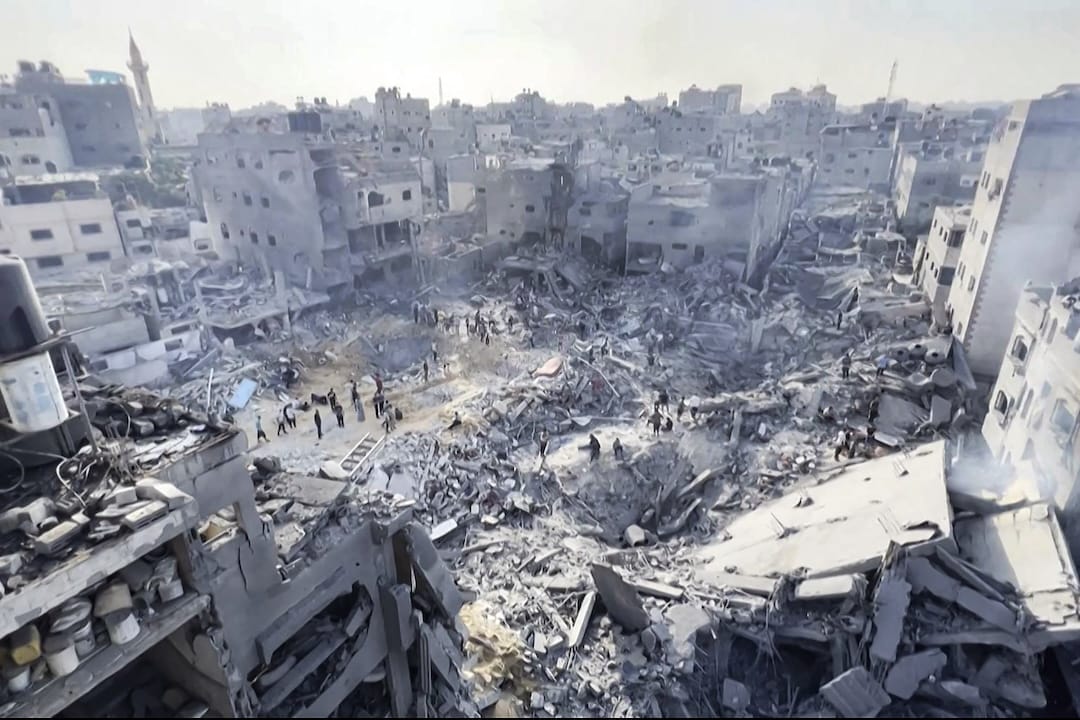
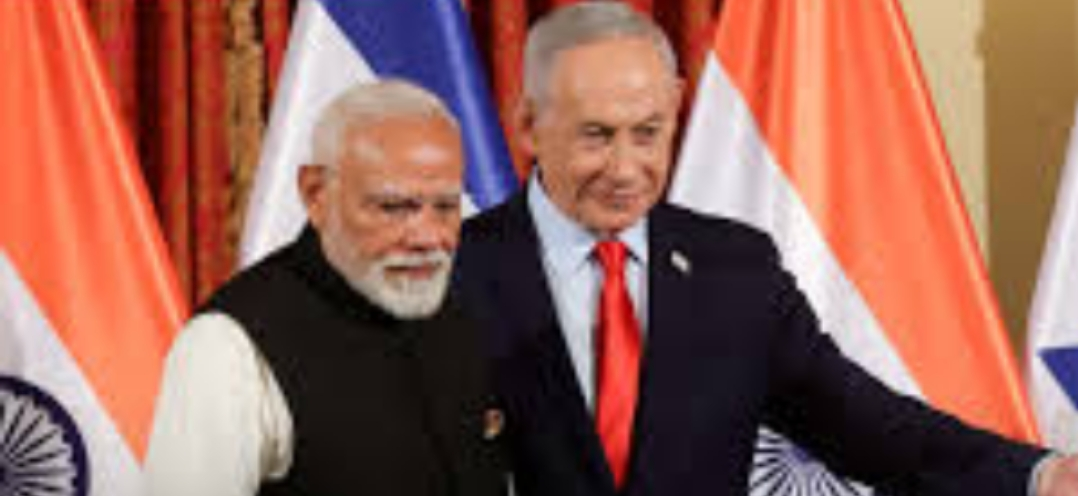
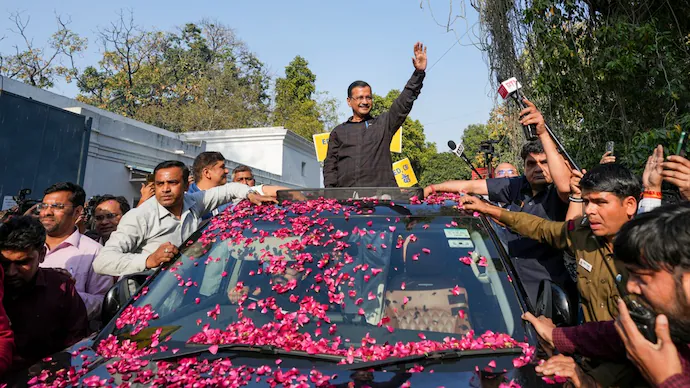

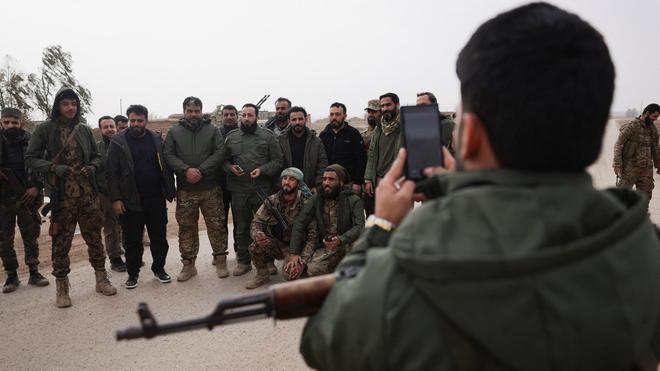
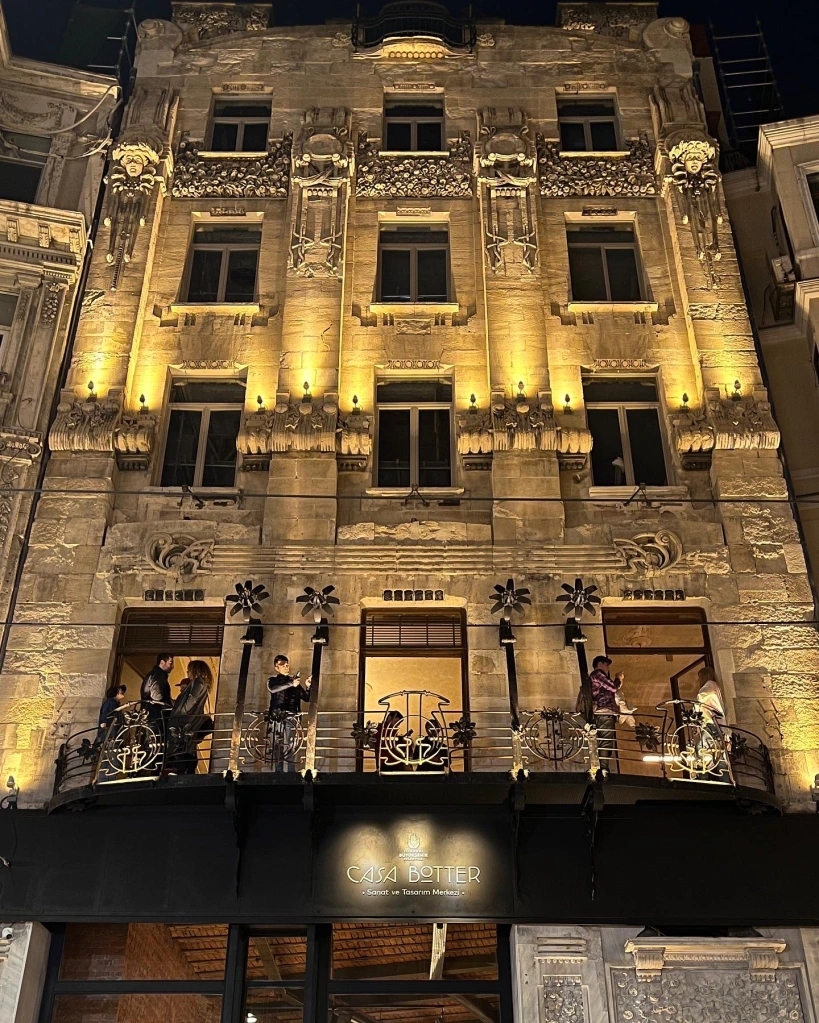


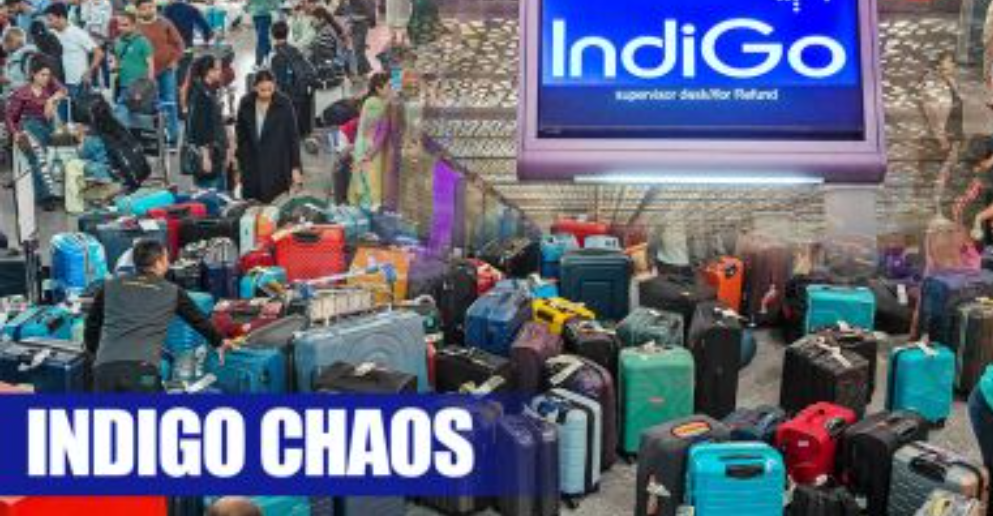
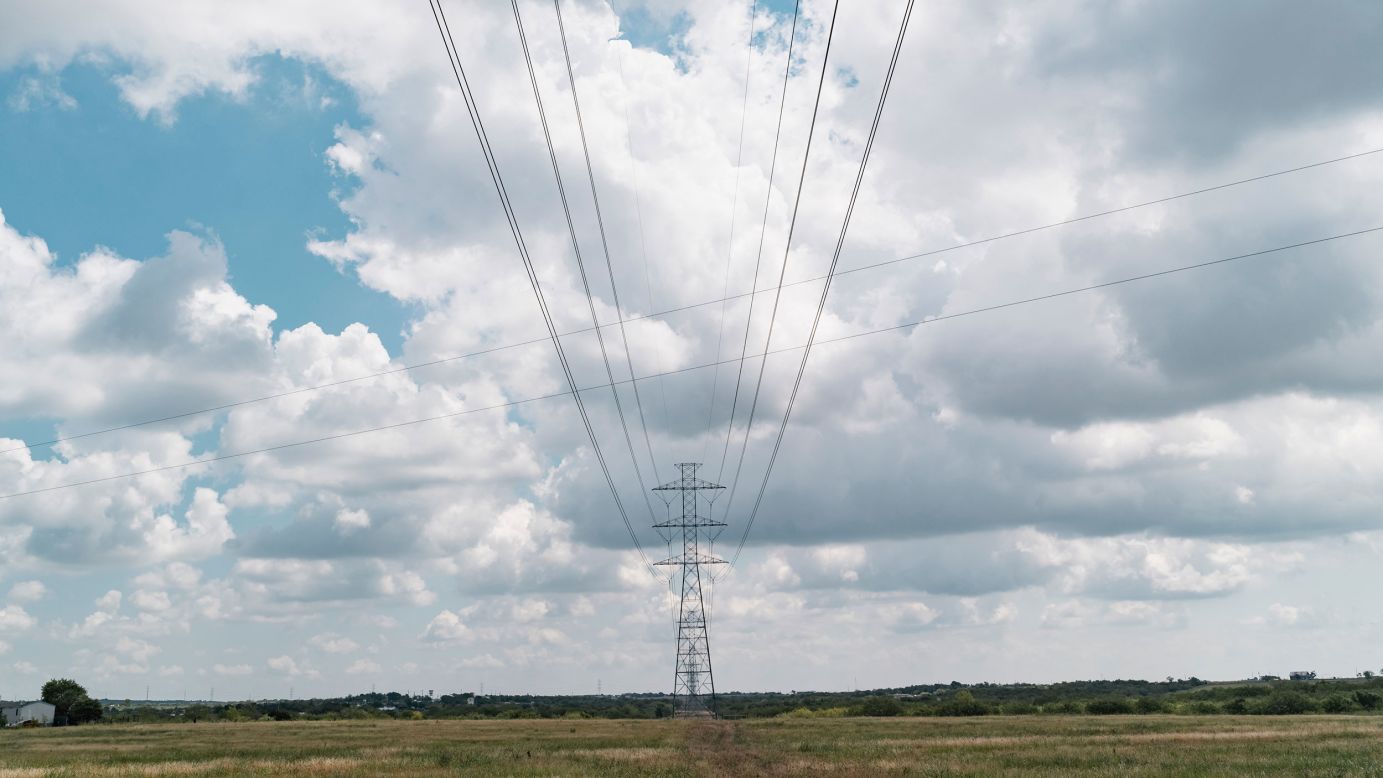


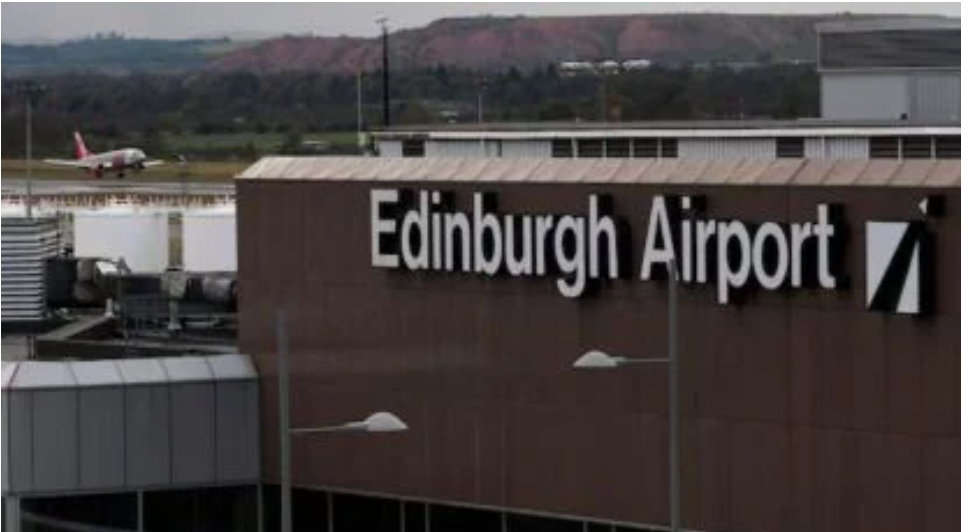


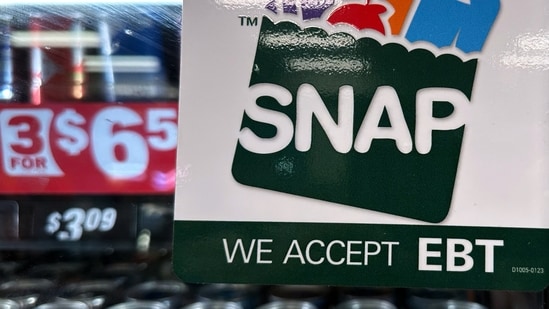
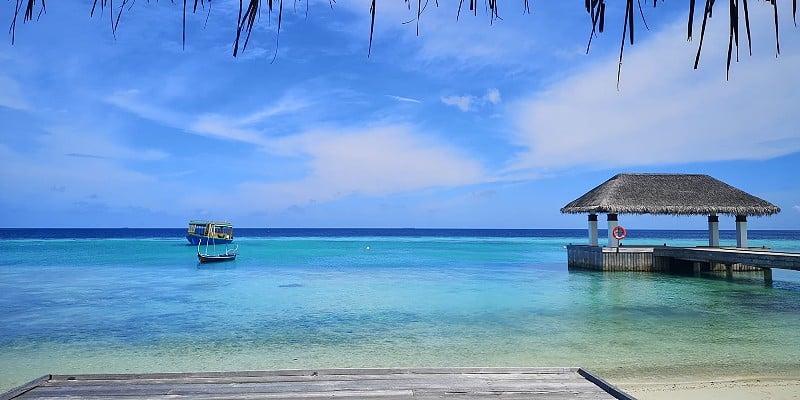
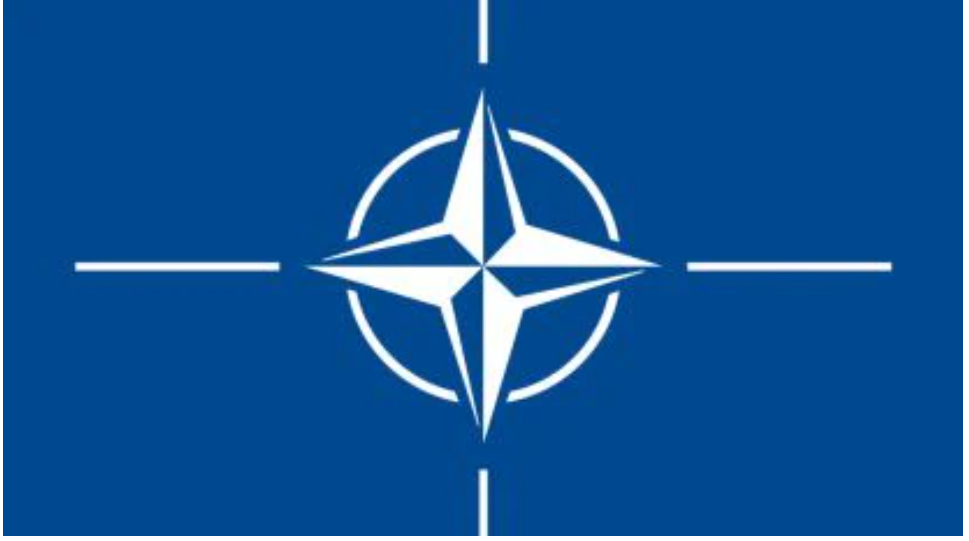




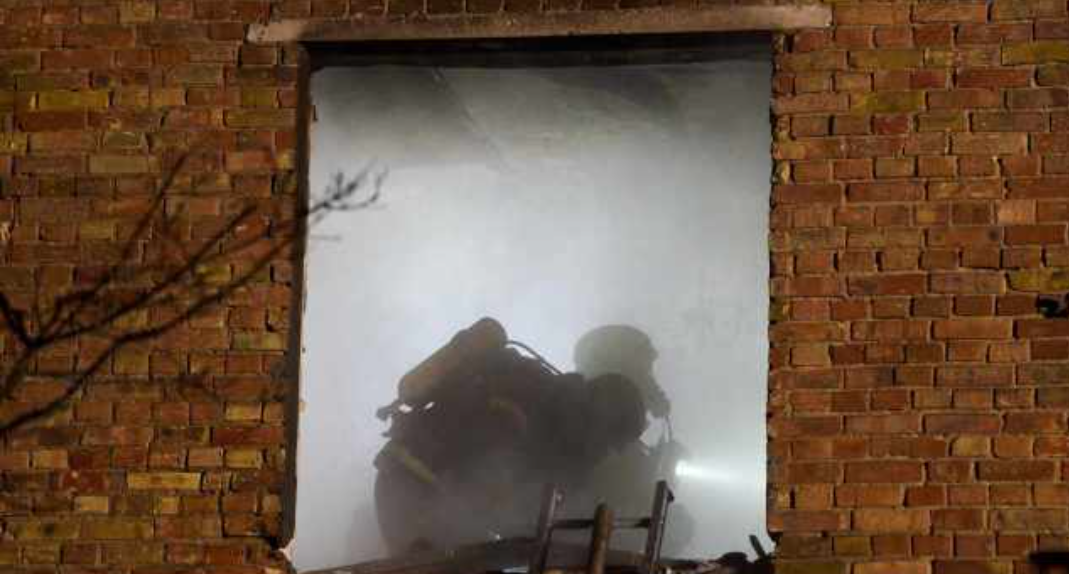
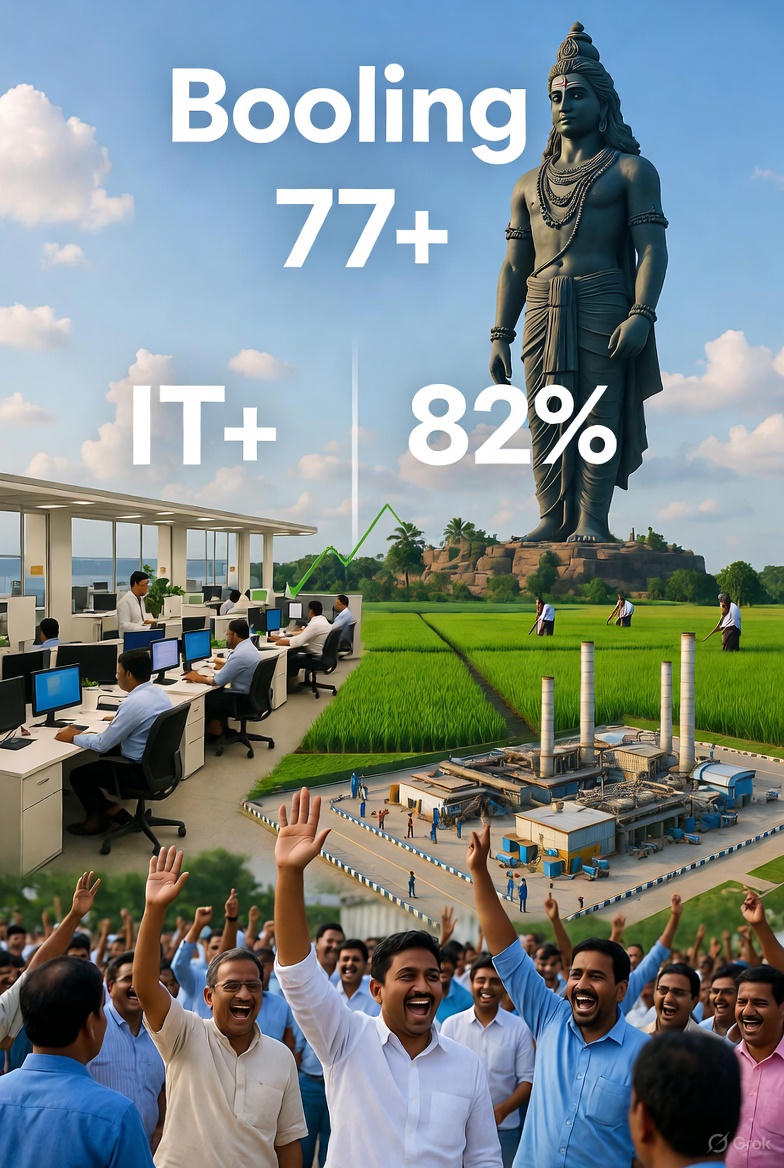





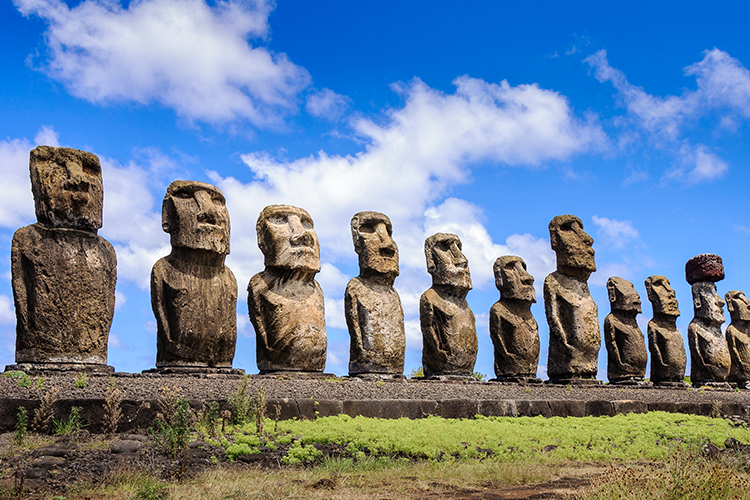
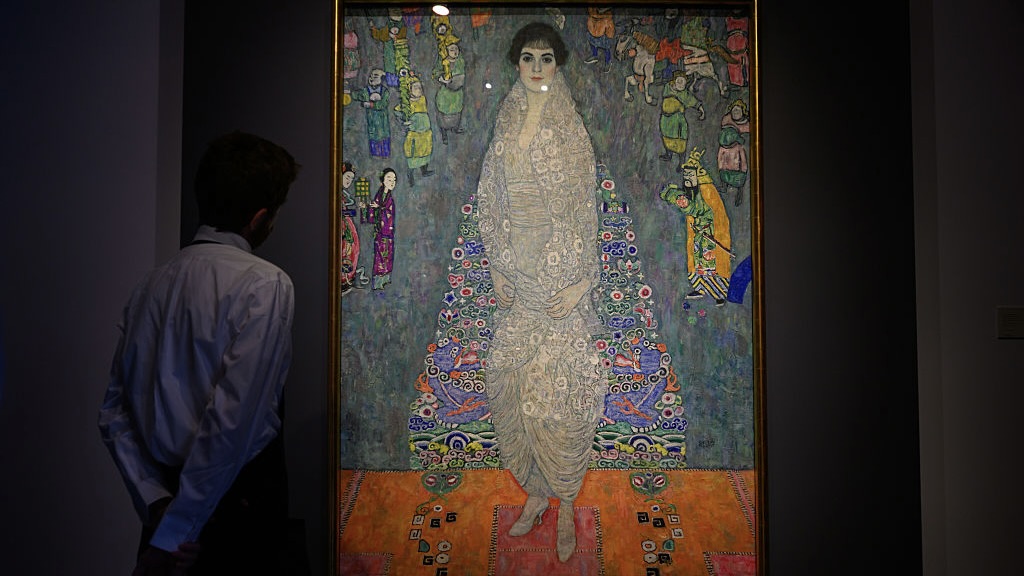





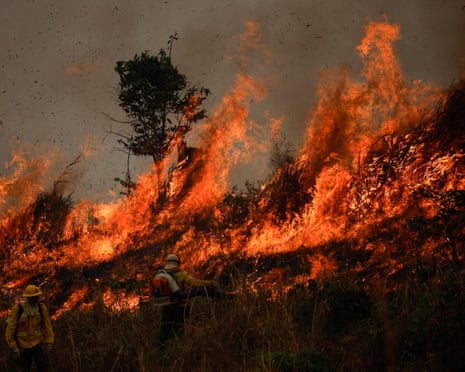
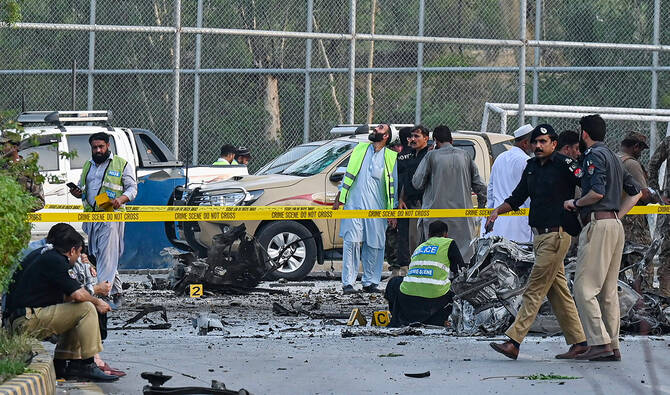
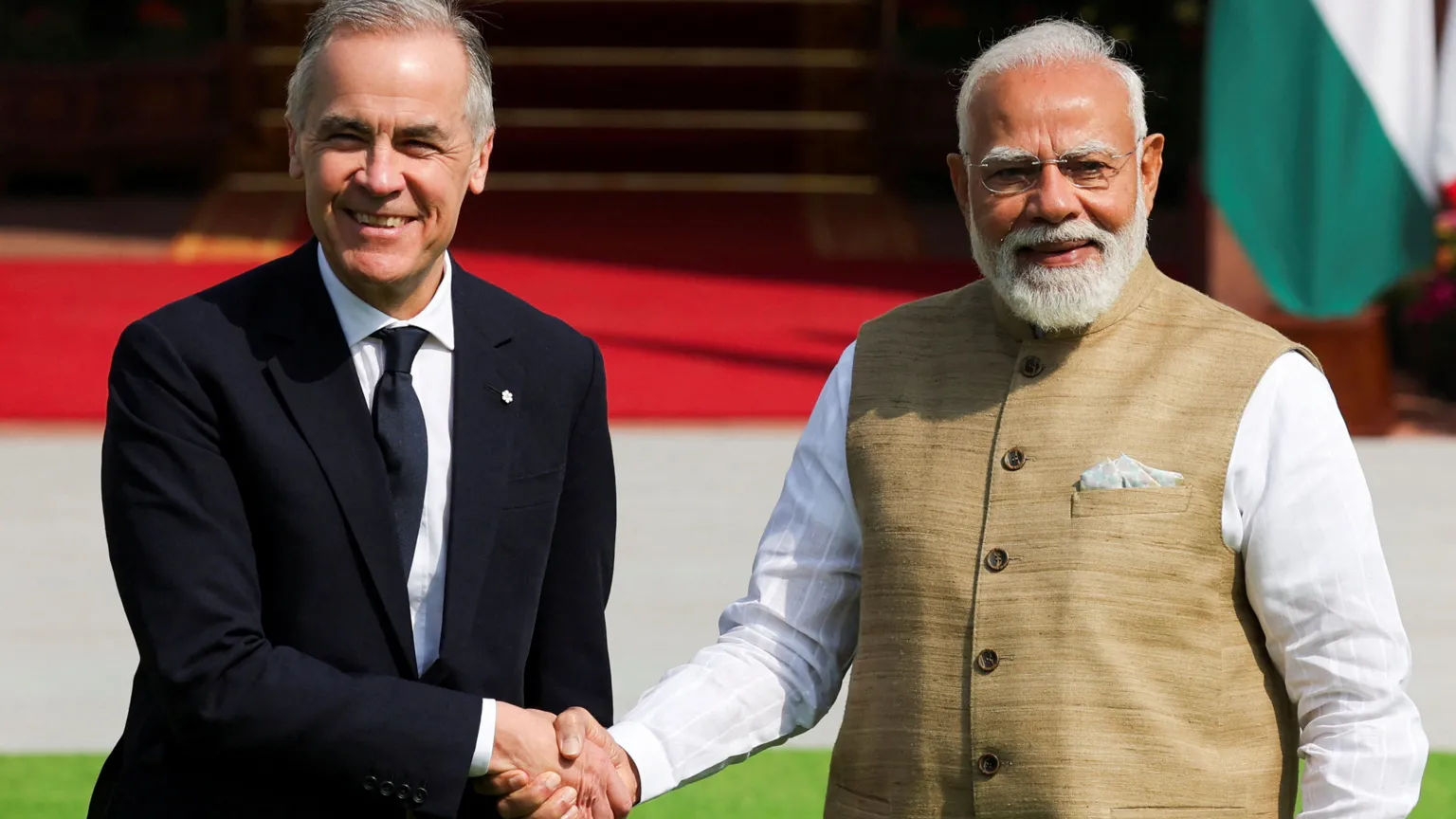
![Smoke rises after Israeli strikes in Beirut's southern suburbs, on March 2 [Mohamad Azakir/Reuters]](https://america112.com/wp-content/uploads/2026/03/hgh.webp)
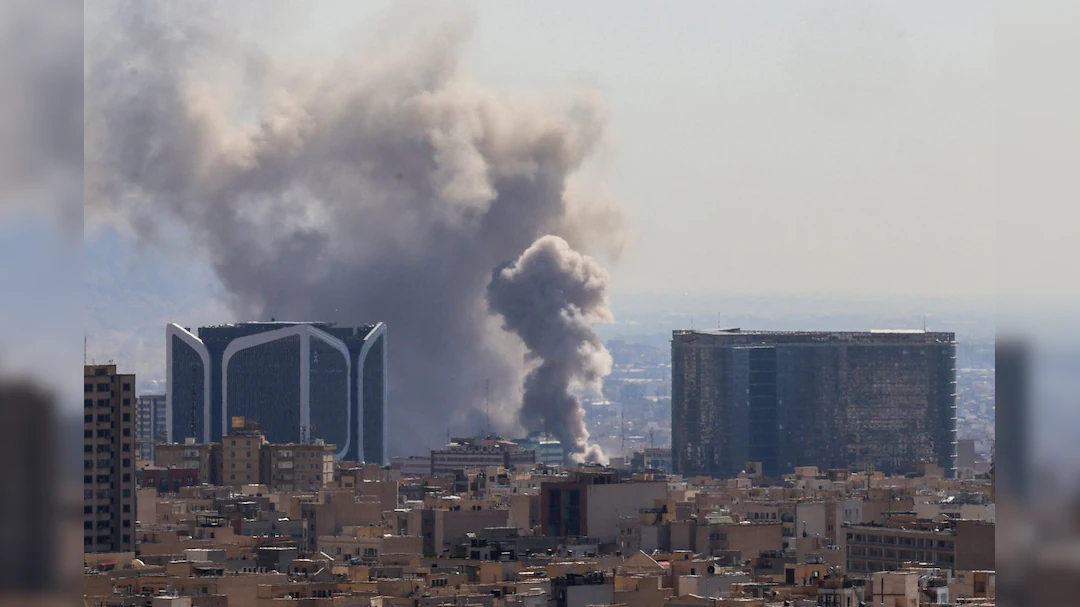
free ai watermark remover
This article highlights the complex and deeply troubling situation in Gaza, emphasizing the devastating human cost. The recognition of Palestine by Western nations feels both symbolic and inadequate, raising questions about real impact and diplomatic efforts.free ai watermark remover